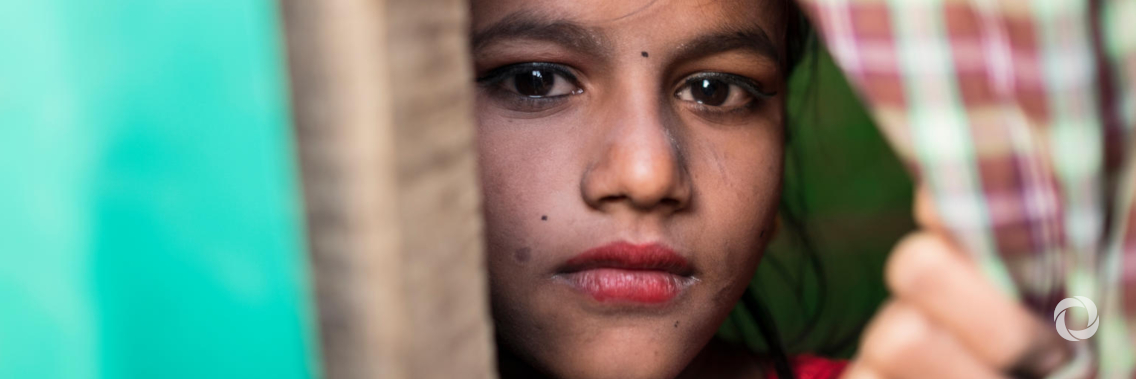Violence against women and girls is one of the most pervasive human rights violations in the world. 25 November, marks the start of the 16 Days of Action against Gender-based Violence, an annual international campaign that unites advocates, leaders and policymakers in the call to end all forms of violence against women and girls.
The campaign is now in its 28th year. Despite these decades of activism, the world remains unsafe for too many. Roughly one in every three women has experienced some form of abuse. One in five women or girls will be assaulted by their partner this year.
The costs of this violence are impossible to summarize. Gender-based violence – including sexual violence and rape – results in lost productivity, lost opportunities, broken bones and broken lives. If the world is to achieve its development goals, a critical precondition is the safety, equality and well-being of women and girls everywhere.
All survivors of violence deserve the same range of sensitive, confidential, victim-centered support.
But too many fall through the cracks, particularly in crisis settings, as protection systems break down and abusers enjoy impunity. UNFPA is working with other humanitarian organizations help ensure all survivors – no matter their circumstances – are able to receive protection and assistance.
Two weeks ago, this group of partners released the Inter-Agency Minimum Standards for Gender-Based Violence in Emergencies Programming, a guidance document about 16 basic steps and services that must be put in place to prevent violence and support survivors in every emergency scenario.
UNFPA and its partners support programmes that offer the full spectrum of care. But meeting these minimum standards of care – and even exceeding them – is not enough. Leaders and policymakers must also move to end violence from happening in the first place.
This means working towards a more gender-equal world. It means educating people about their right to live free of violence and abuse. It means ending impunity and elevating the voices of women and girls.
A recent study by UNFPA and the Johns Hopkins University, in collaboration with Victoria University, the University of Washington and Avenir Health, found that the total price tag to end gender-based violence and harmful practices in 132 priority countries is just $42 billion.
It’s not just affordable; it’s necessary. The cost of inaction will be much higher – a toll measured in lives ruined, economies constrained and generations of human potential unrealized.
Original source: UNFPA
Published on 25 November 2019

